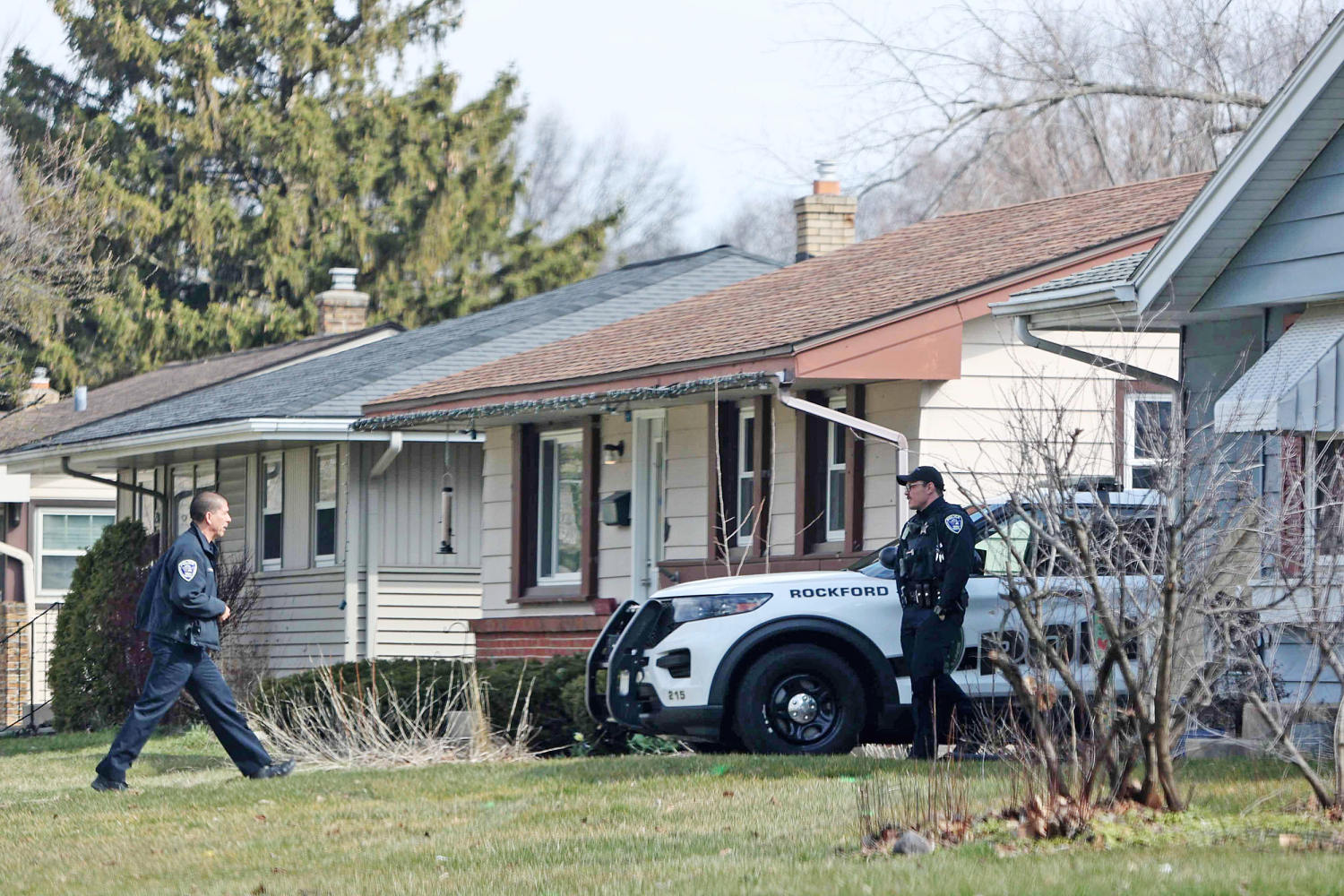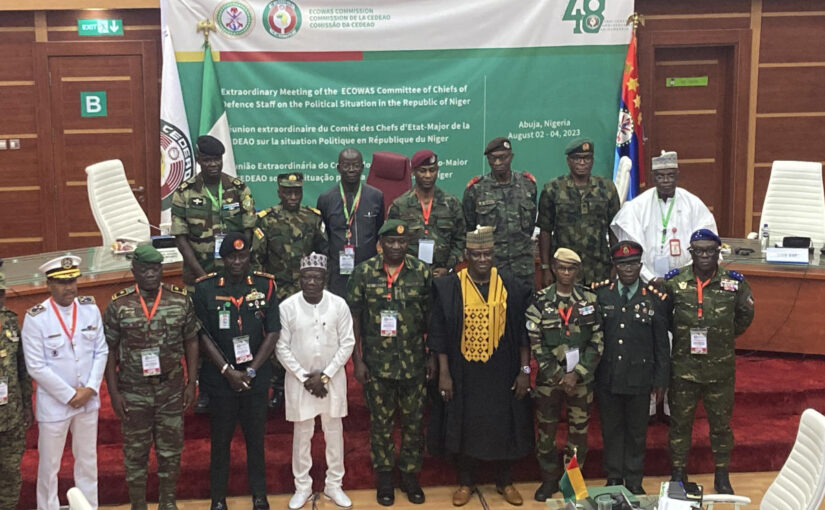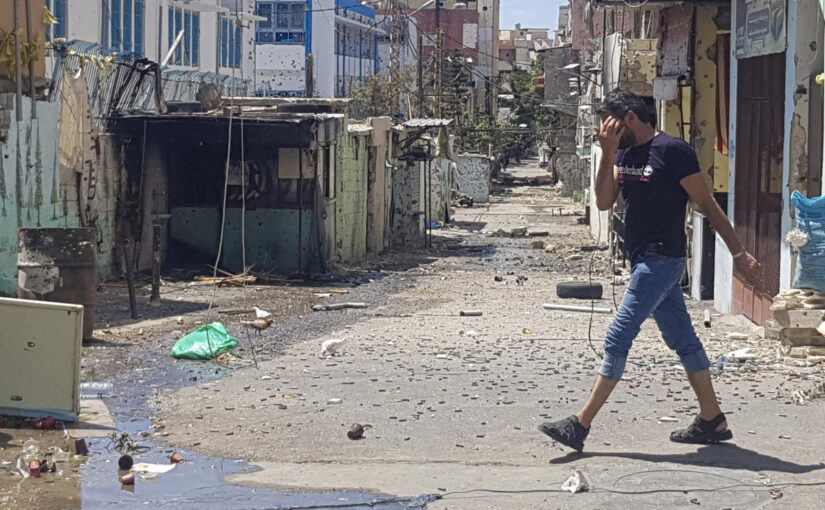
Keith Fahrney was driving home from class in Rockford, Illinois, when he saw a woman being attacked by Christian Soto, the man accused of killing four people and injuring seven others during a stabbing spree Wednesday.
Fahrney, 51, said that, without thinking, he hit his brakes and ran over to help the woman, getting attacked himself.
After a night in the hospital, Fahrney is now back home and trying to process what happened.
“It’s very scary. You never think this is going to happen to you,” he said in a phone call Friday. “My stepdaughter when she called from Florida, she said, ‘Well, luckily, you’re the kind of person that just won’t take out your phone and start recording. You were the one that went over there and scared this guy off to protect her.'”
Authorities said the rampage began shortly after 1 p.m. Wednesday and involved “multiple scenes” in Rockford and an area of Winnebago County.
Soto, 22, was arrested after police said he stabbed three people to death and fatally beat a 15-year-old girl who was watching movies with her sister and friend. He faces numerous charges of murder, attempted murder and home invasion.
The victims killed were identified as Jacob Schupbach, 23; Ramona Schupbach, 63; Jay Larson, 49, a mailman; and Jenna Newcomb, 15.
Seven others, including Fahrney, were injured.
Fahrney, who is studying to be an engineer, said he was on his way home when he saw a wild scene: two women with blankets and towels running down the street screaming for help.
“I drove maybe another 1,000 feet or whatever and noticed that there was this lady sitting in the middle of her yard with somebody standing over the top of her,” he said. “She looked like she was in distress as I was starting to pass her. So, I slammed on my brakes. I got out of the vehicle.”
Fahrney, who lives in Rockford, said he approached the woman and asked if she was OK. Soto then moved away from her, he said.
When Fahrney realized that the woman was covered in blood, he went to his vehicle to grab his cellphone and came face-to-face with Soto, who had jumped in the driver’s seat of Fahrney’s car and was trying to flee.
“I opened up my door, grabbed him, threw him out,” he said. “We kind of wrestled around for a couple of seconds and then I noticed that he was trying to like tap me in the head. … And at that time, I noticed that this liquid was running down my chest and I put my hand up to my head and there was blood. I realized that he had stabbed me or did something to me.”
During the fight, police arrived and arrested Soto after a brief foot chase, according to authorities.
Fahrney said Soto had stabbed him in the neck and slashed the back of his head. He received eight staples for his head injury and three stitches underneath his chin.
He said Soto did not say anything during the attacks but “looked very estranged like something had taken over his body.”
Sheriff Gary Caruana said Thursday that the woman “could have easily been deceased” if it wasn’t for Fahrney.
“The good Samaritan stopped that situation,” Caruana said at a news conference. “He did a tremendous job in helping.”
A motive for the attacks remains unclear. Winnebago County State’s Attorney J. Hanley said Soto admitted to the attacks and said he had taken marijuana that he believed was “laced with an unknown narcotic” before the rampage.
Soto appeared in court Thursday afternoon and was denied pretrial release until his next hearing.
Fahrney said he does not consider himself a hero and thinks “human nature” is what made him jump out and help.
“I’m just a guy that was trying to help somebody that needed help,” he said.
Fahrney said he hopes other people will do the same for someone who is in danger.
“In today’s world, people need to get off their phones. They need to stop recording,” he said. “People got to step in and start helping everybody else.”

